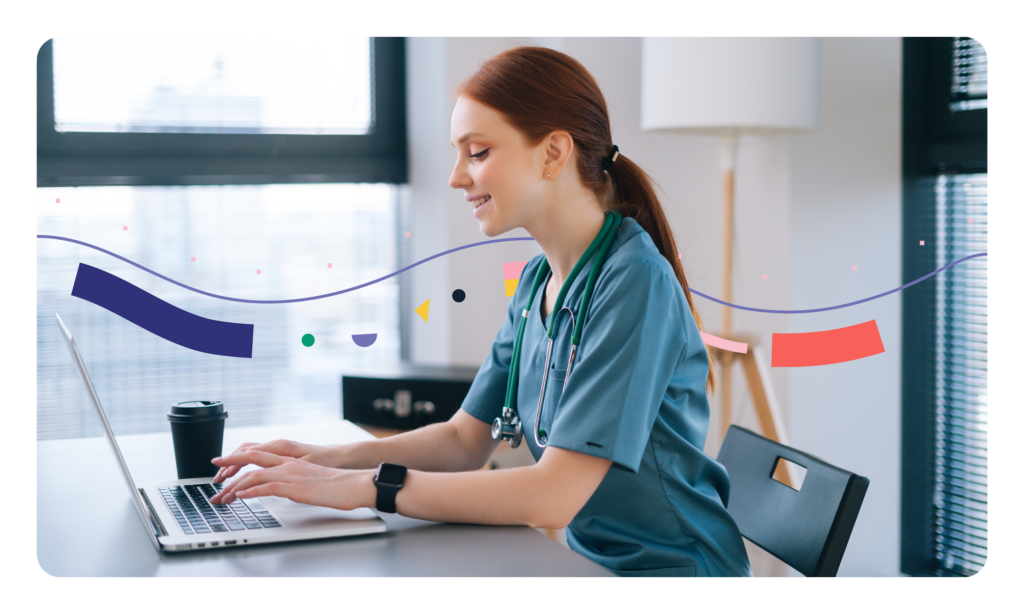Reducing Administrative Burden while Streamlining Patient Payments
Reducing Administrative Burden while Streamlining Patient Payments

Community hospitals face unique challenges in managing their patient payment processes, especially those that are not part of larger health systems. One of the most significant pain points is the immense effort and cost involved in collecting patient payments, typically occurring post-visit. Traditional methods are time-consuming and strain resources, often leading to unsustainable administrative burdens.
The Impact of Administrative Burdens
Administrative staff in community hospitals are often overwhelmed with manual invoicing tasks that detract from their primary responsibilities. These tasks can include generating invoices, tracking payments and sending reminders, all of which consume valuable time and resources. This not only leads to decreased job satisfaction among staff but also adversely affects the hospital’s financial health. As these employees juggle multiple responsibilities, the risk of errors increases, further complicating the payment collection process.
Embracing a Digital-First Payment Experience
The solution lies in adopting a digital-first payment experience. By automating patient payments, hospitals can significantly reduce the manual workload on administrative teams and cut costs. This automation not only eases the collection process but also improves the overall efficiency of hospital operations. With automated systems in place, administrative staff can redirect their focus to more strategic tasks that enhance patient care, rather than getting bogged down in paperwork.
By leveraging digital platforms to send invoices and reminders, hospitals can ensure patients receive timely notifications about their outstanding balances. This proactive strategy not only saves time for staff but also minimizes the risk of missed payments. Automated systems can generate personalized messages that resonate with patients, fostering engagement and compliance without demanding extra effort from the team.
Faster Payments and Reduced Days in Accounts Receivable
One of the key benefits of digital outreach is its ability to expedite the payment process. Traditional payment collection methods often result in prolonged payment cycles, leaving hospitals with extended days in accounts receivable (AR). With automated digital outreach, hospitals can engage with patients immediately after their visit, prompting them to settle their balances quickly. This swift communication streamlines the payment process and enhances patient satisfaction by providing clarity and convenience.
By reducing the time it takes to collect payments, hospitals can improve cash flow and minimize the challenges associated with unpaid balances. Faster payments translate into healthier financial outcomes, allowing hospitals to allocate resources more effectively and invest in quality patient care.
By implementing these digital solutions, community hospitals can transform their payment processes, relieving administrative pressures and improving financial outcomes. The shift to a digital-first approach not only enhances operational efficiency but also empowers healthcare professionals to focus more on delivering quality patient care.
Adopting PayGround’s healthcare-specific payment platform is a strategic move that can significantly enhance the management of patient payments. Our digital-first outreach not only reduces administrative burdens and speeds up collections but also improves patient satisfaction. Customers implementing our digital-first strategy have seen an average reduction of 9.4 days in accounts receivable. Ready to speed up your payment process and free your administration staff of manual processes? Click here to schedule a demo with our team!